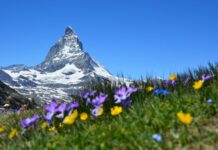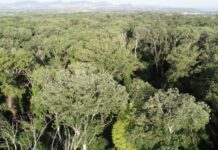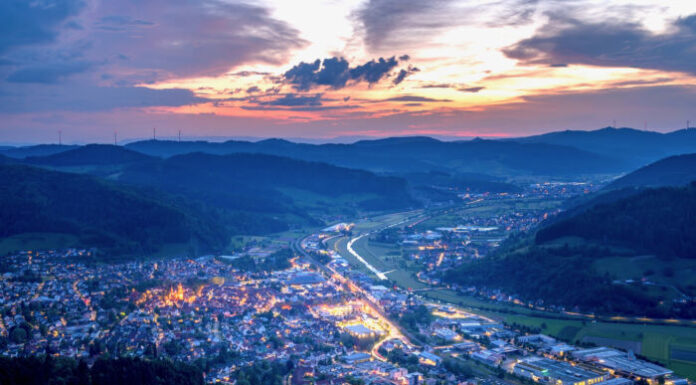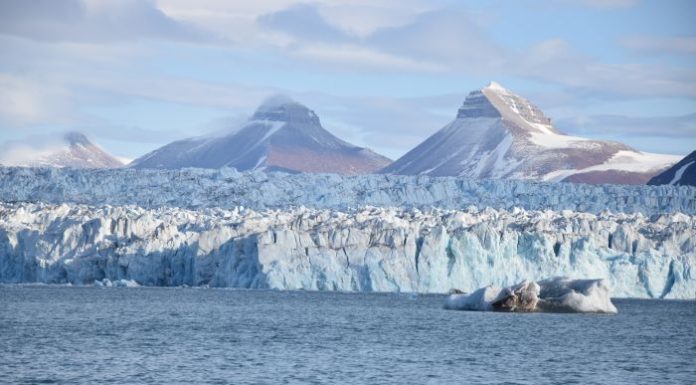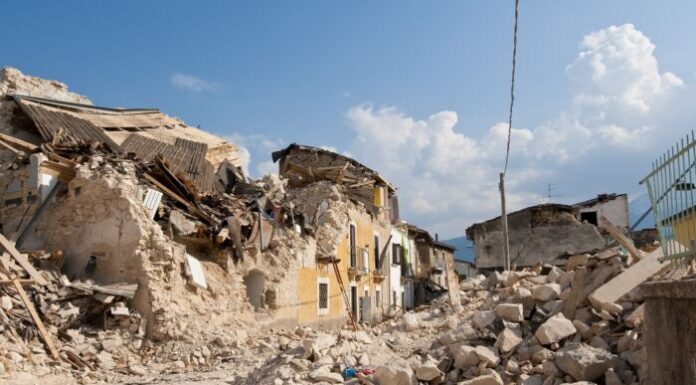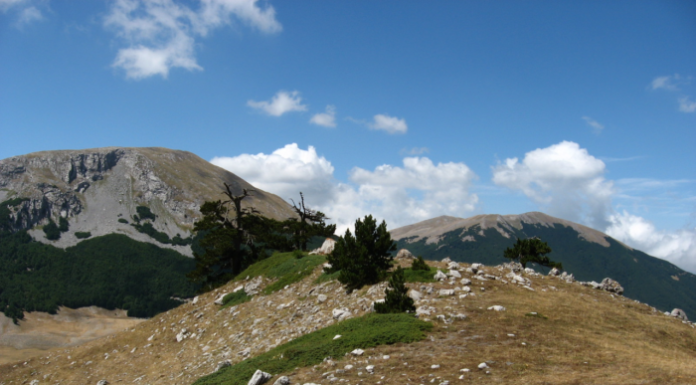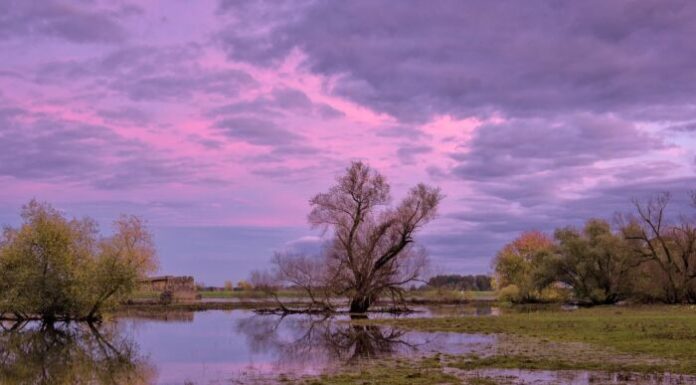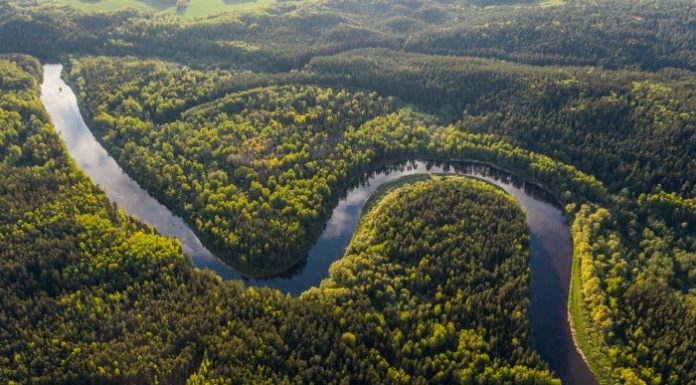The transition to an economy based on renewable energy sources requires the use of electrochemical methods to convert electrical energy into chemical energy and raw materials. A group of researchers from the Berlin Polytechnic, the Zurich Polytechnic, the Materials...
Polycentrism is a morphological-functional trait of the world's territorial systems. Polycentric regions are characterised by the fact that they do not have a single urban centre as they are predominantly organised in several centres with similar demographic and socio-economic...
The Arctic Ocean began warming rapidly at the beginning of the 20th century, decades earlier than modern experimental measurements have so far documented. The news comes from an international research group coordinated by the Institute of Polar Science (Cnr-Isp)...
An earthquake with a magnitude of 7.9 was recorded in Turkey on 6 February 2023 and affected a large area in south-eastern Anatolia, on the border with Syria. This event was replicated about 9 hours later by another tremor...
The calabro-lucanian boundary area geologically represents a key zone for understanding the orogenetic processes in this Apenninic sector and, at a bigger scale, the Mediterranean geodynamic processes. The Pollino Massif is a National Park from 1993, characterised by 192.565...
The profile of a Forestry graduate originated approximately three centuries ago when, in 1713, Hanns Carl von Carlowitz, a forestry accountant, published "Silvicoltura Economica (Economic Silviculture)", in which he revealed the necessity to recognize the above-mentioned figure, by stating...
Floods represent one of the most common and most impactful natural disasters worldwide. During the first two decades of the 2000s, floods alone caused $651 billion in economic damage and these losses are expected to increase further in the...
The current climate crisis reminds us, every day, how vital it is to manage sustainably the consumption of energy and resources in favour of savings. Although it may be a subject that can raise awareness more or less all,...
Global warming will change the lengths of the four seasons, a new study suggests, potentially making six-month-long summers the norm by the year 2100.
In contrast, winters could last less than two months a year, while spring and autumn similarly...
The Amazon rainforest generates some of the rain that falls in its own area, as it takes water from the soil and transpires it into the surrounding air, thus sustaining itself. A study by the Institute of Atmospheric Sciences...





